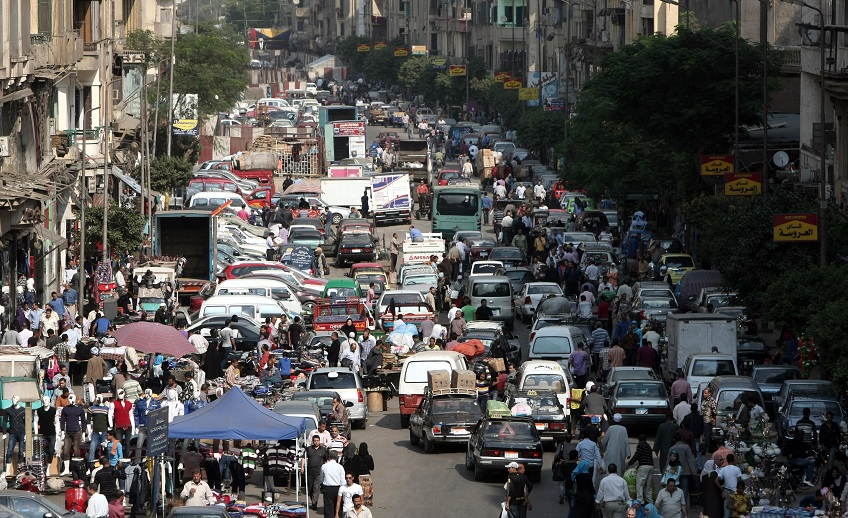CAIRO: Egypt’s production of electricity without the use of fuel has expanded to 22 billion kilowatt/hour annually, Minister of Electricity and Energy Hassan Younes said Sunday.
The figure represents 37 percent of the country’s electricity generation capacity and is one of the highest non-fuel produced electricity rates in the world.
Meanwhile, improvements are being made to Egypt’s electricity-generating infrastructure, in a bid to expand non-fuel production to 32,000 megawatts over the coming five years.
“The electricity sector has finalized increasing the capacity of distribution transformers and transformer stations nationwide, as well as implementing a comprehensive program to replace the outdated networks and installing modern equipment for early detection of breakdowns, said Younes.
Egypt’s non-fuel produced electricity comes primarily from natural gas and hydroelectric power, and efforts are being made to increase the use of solar and wind-generated power through several new projects.
Construction of 11 new thermal plants and a new hybrid power plant are planned, as is the expansion of the wind farm at Zafarana.
The electricity sector is set to undergo even more changes if Egypt’s Cabinet approves a draft law that aims to turn the Egyptian Electricity Company into a holding company. The law also proposes separating electricity distribution and production companies.
Under the law, which was proposed by the Ministry of Electricity and Energy, electricity companies will be subject to a mandatory assessment of the services they offer consumers, said Aktham Aboul Ela, undersecretary at the ministry.
“We will enhance the monitoring of all the companies in order to evaluate their performance and protect consumers’ rights, Aboul Ela said.
The electricity sector is currently made up of 16 companies, six of which produce and nine of which distribute electricity, while one is a transportation company.
At the same time, Aboul Ela said there are no long term plans to privatize the electricity sector, adding that the ministry stands firm against monopolies.
Private companies looking to foray into the electricity sector will be required to submit a proposal to the government, which will then carry out a public tender.
“Private companies cannot substitute the government’s role in providing electricity. The government subsidizes the service it provides at very low prices and private companies will not be able to provide the same quality at the same prices, Aboul Ela said.
The draft law aims at regulating the relationship between electricity providers and consumers, as well as making a clear distinction between policymakers and management in the sector. It will also create a regulatory framework and prevent monopolistic practices.
Under the new law, the Electricity Regulatory Agency will be monitoring the performances of these companies and issuing certification licenses depending on the quality of their service.
The People’s Assembly (PA) will discuss the draft law as soon as it receives Cabinet approval.
